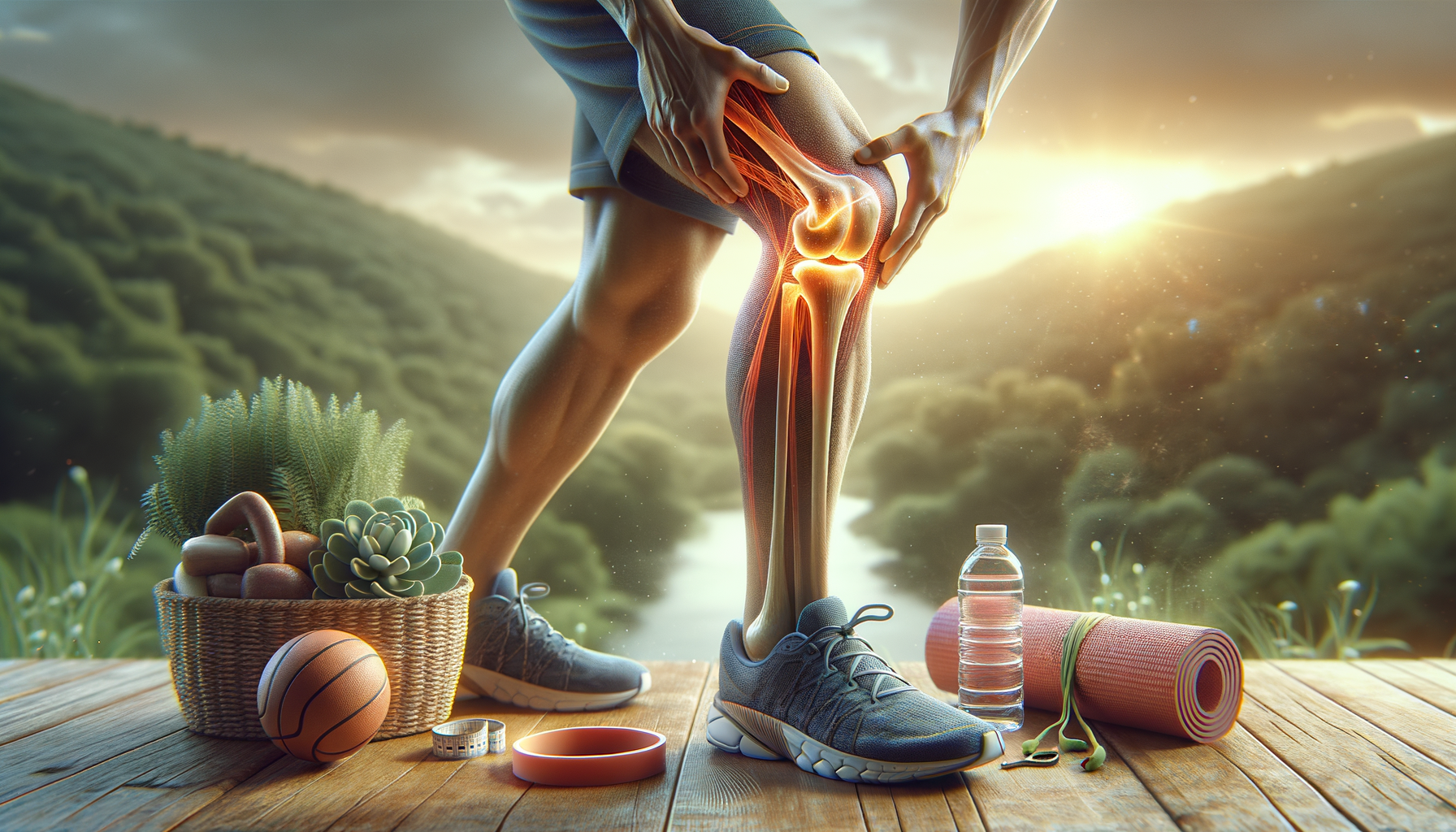Understanding Urinary Tract Infections
Urinary tract infections (UTIs) are among the most common bacterial infections, affecting millions of people annually. They occur when bacteria enter the urinary tract and multiply, leading to an infection. The urinary tract includes the kidneys, ureters, bladder, and urethra. While UTIs can affect anyone, they are more prevalent in women due to anatomical differences. Understanding the causes and symptoms of UTIs is essential for effective treatment and prevention.
Common symptoms include a strong, persistent urge to urinate, a burning sensation during urination, cloudy or strong-smelling urine, and pelvic pain in women. If left untreated, UTIs can lead to more serious complications, such as kidney infections. Therefore, early detection and management are crucial.
Several factors increase the risk of developing a UTI, including sexual activity, certain types of birth control, menopause, and urinary tract abnormalities. Lifestyle changes and preventive measures can help reduce the risk, but understanding the available treatments is vital for those affected.
Antibiotic Treatments for UTIs
Antibiotics are the primary treatment for UTIs. The choice of antibiotic depends on the type of bacteria causing the infection and the patient’s medical history. Common antibiotics used include nitrofurantoin, trimethoprim/sulfamethoxazole, and fosfomycin. These medications work by killing the bacteria or inhibiting their growth, providing relief from symptoms and preventing complications.
It’s important for patients to complete the full course of antibiotics, even if symptoms improve, to ensure the infection is fully eradicated and to prevent antibiotic resistance. In some cases, a urine culture may be performed to identify the specific bacteria and tailor the treatment accordingly.
For recurrent UTIs, healthcare providers may recommend a low-dose antibiotic regimen over several months or post-coital antibiotics for those with infections linked to sexual activity. This approach helps manage symptoms and reduce recurrence.
Home Remedies and Lifestyle Changes
Alongside antibiotics, certain home remedies and lifestyle changes can aid in the management and prevention of UTIs. Drinking plenty of water helps flush bacteria from the urinary tract, while cranberry juice or supplements are believed to prevent bacteria from adhering to the bladder walls, although more research is needed to confirm their efficacy.
Other preventive measures include urinating frequently, especially after intercourse, maintaining good personal hygiene, and avoiding irritants such as harsh soaps and douches. Wearing loose-fitting clothing and cotton underwear can also help keep the area dry and reduce the risk of infection.
These lifestyle changes, combined with medical treatment, can significantly improve outcomes for individuals with UTIs and reduce the likelihood of recurrence.
Alternative and Complementary Therapies
In addition to conventional treatments, some individuals explore alternative and complementary therapies for managing UTIs. These may include herbal remedies, probiotics, and acupuncture. Herbal remedies such as uva ursi and goldenseal have been traditionally used to support urinary tract health, although scientific evidence supporting their effectiveness is limited.
Probiotics, particularly those containing Lactobacillus strains, are thought to promote a healthy balance of bacteria in the urinary tract, potentially reducing the risk of infections. Acupuncture, an ancient practice, may help alleviate symptoms and improve overall well-being, though more research is needed to establish its role in UTI treatment.
While these therapies can complement traditional treatments, it is essential to consult with a healthcare provider before starting any new regimen to ensure safety and efficacy.
When to Seek Medical Attention
While many UTIs can be effectively managed with home remedies and antibiotics, there are instances when medical attention is necessary. If symptoms persist despite treatment, or if they are accompanied by fever, chills, nausea, or back pain, it may indicate a more serious infection requiring prompt medical intervention.
Pregnant women, individuals with weakened immune systems, and those with underlying health conditions should seek medical advice at the first sign of a UTI, as they are at higher risk for complications. Additionally, recurrent UTIs warrant a thorough evaluation to identify any underlying causes and develop a comprehensive treatment plan.
Timely medical intervention can prevent complications and ensure a swift recovery, highlighting the importance of understanding when to seek help.




Leave a Reply